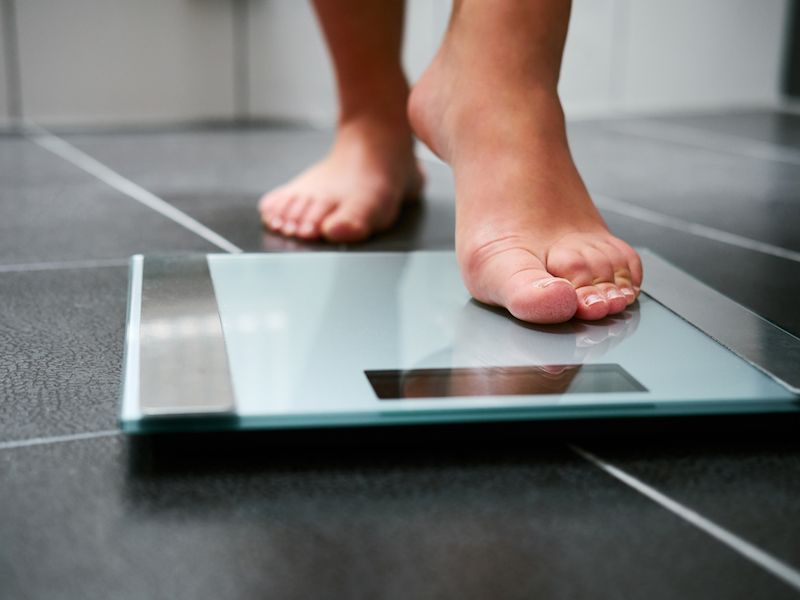
We’ve known for a long time that overeating is detrimental to our health, especially over time. Obesity is connected to a number of health conditions. You can add hearing loss to high cholesterol, heart disease, and diabetes as a possible problem. It’s estimated that approximately 48 million people in the United States, hearing loss is an issue for around 20% of the U.S population, and nearly double that amount of adults, 93 million, are obese. Throughout the country, these surprising statistics point out a serious health problem.
How Is Obesity Linked to Hearing Loss?
Several studies have demonstrated that loss of hearing and obesity have a relationship. Precisely what that relationship is, is still being investigated, it’s thought that hearing loss and being overweight have a relationship because of its effect on our circulatory system. Additionally, hearing loss is connected to high blood pressure and diabetes which are recognized to be linked to being overweight.
The inner ears are filled with microscopic hairs that detect sound in the ear. These little hairs, called stereocilia, require a steady blood flow and oxygen to work properly. Because of obesity, the flow of blood is restricted in the body because the heart must work harder to get the blood to flow around the body, which means that there is less than ideal amount of blood flow supplied to your ear. This could permanently damage the ears. Heart disease, high blood pressure, and diabetes impact the inner ear in the same way, since each of these conditions adversely impacts your blood flow.
Keeping your weight in check is especially relevant as you get older since age-related hearing loss and high-fat mass index are also connected. Your body’s metabolism won’t work as fast or as well as it once did, which is the reason why you should try to stick to healthy habits that you started when you were younger.
A healthy diet and exercise are great for your general health and your ears.
Solutions For Obesity-Related Hearing Loss
It’s a possibility that you may not be able to recover your lost hearing if it’s triggered by obesity, still, it’s always good to have your hearing examined to find out the degree of your loss of hearing. If you have permanent damage, you might need a hearing aid or other device to begin hearing correctly again.
If the damage is only minor, you might have considered trying to consult your doctor before your health becomes worse, about making a diet and exercise plan to decrease the effect your weight has on your well being. Your doctor should recommend a cardio intensive exercise routine that will strengthen your general health and get your blood pumping. There will be, most likely, other improvements in your life too, like mental health, since day to day exercise will decrease depression according to many studies.
How Can You Stop Obesity-Related Hearing Loss
diabetes, heart disease, and high blood pressure Your hearing will certainly be kept in superior condition if you keep yourself healthy. A plan that can assist you to achieve your goals and that is customized for you can be developed by a nutritionist. The job of the nutritionist is to make sure you’re eating the right combination of nutrients in healthy foods, like foods that are high in iron, since, you guessed it, a lack of iron in your diet can worsen your hearing loss and trigger tinnitus.
Learn more regarding hearing loss and the treatment options available to help you hear better.
